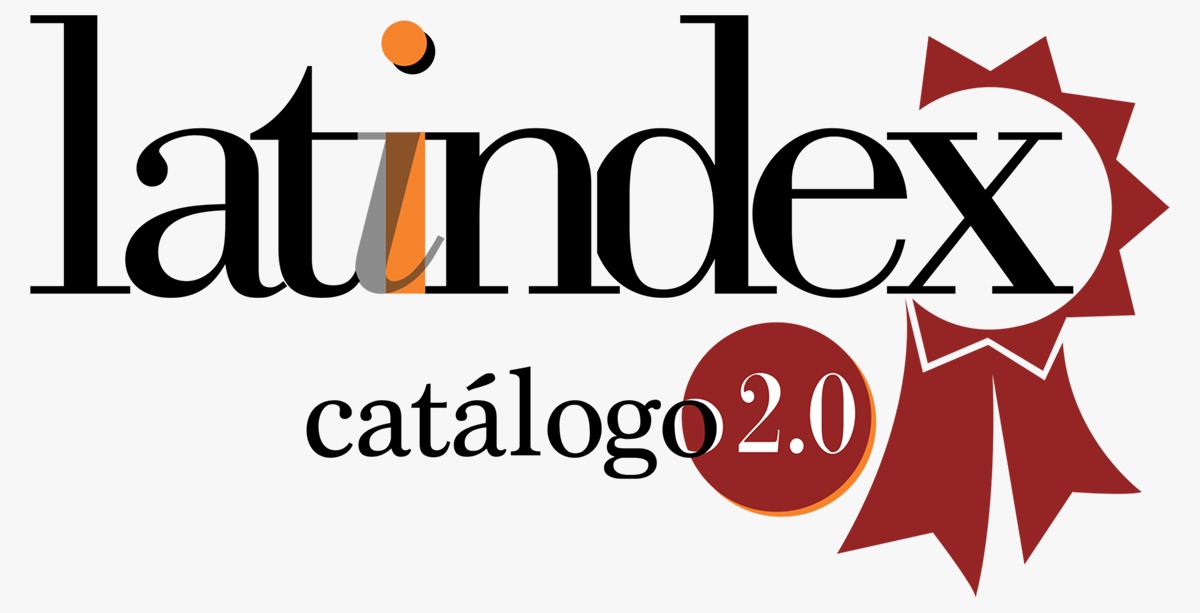State of translation competence of translation students at a private university, Lima, 2022
DOI:
https://doi.org/10.47865/igob.vol5.n20.2022.224Keywords:
translation competence, sub-competences, inverse translationAbstract
The advance of science and technology, and a changing time demands, compulsorily lead us to rethink the way in which future professionals are trained, especially those who allow access to developed knowledge, breaking languages’ borders: translators. During their training, future translators require the development of the so-called translation competence, which interrelates a series of sub-competences depending on the direction of the text to be translated: towards the native or foreign language; the latter, known as inverse translation, is key for the development of scientific communities like ours, since research published in English, the lingua franca of science, has a greater scope. In this context, the present investigation is carried out, with the general objective of knowing the state of the translation competence of students, and with specific objectives that seek to know the state of each dimension conforming it, that is, bilingual, extralinguistic, knowledge of translation, instrumental and strategic sub-competences. Its approach is quantitative, and its method is descriptive. The data is collected through a test applied to twenty-four students of tenth term of the career. When analyzing the results obtained, it is established that the translation competence and all its sub-competences are at a low level. What has been exposed throughout this work allows us to conclude that the way in which the degree subjects are developed require a change to increase translation competence and its components.
Downloads
Downloads
Published
How to Cite
Issue
Section
License

This work is licensed under a Creative Commons Attribution-NonCommercial-ShareAlike 4.0 International License.
Esta obra está bajo una licencia internacional Creative Commons Atribución-NoComercial-CompartirIgual 4.0.
















